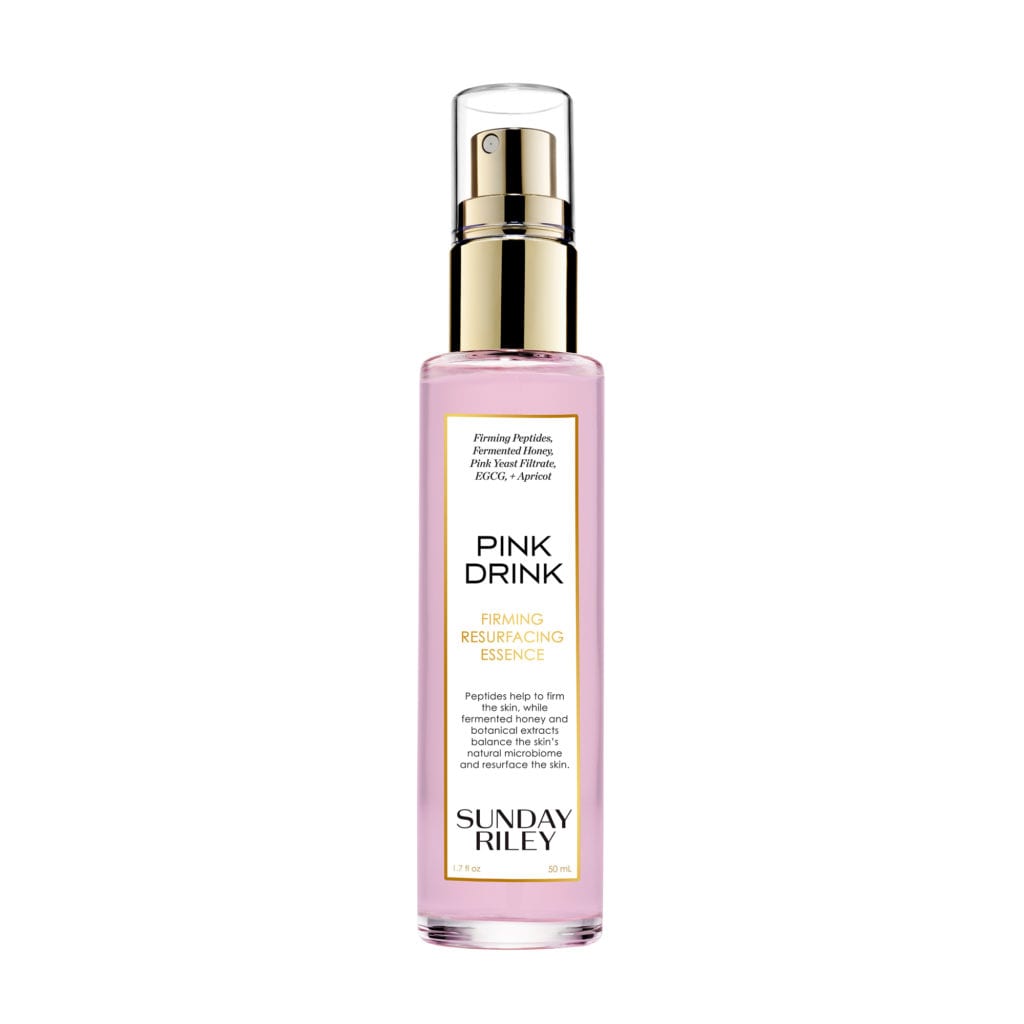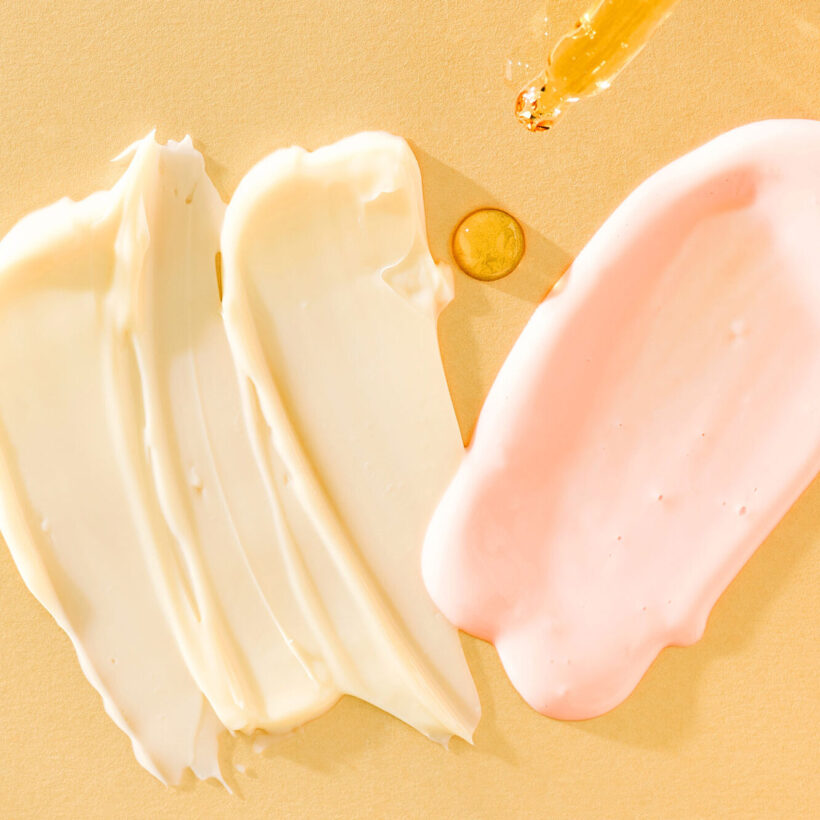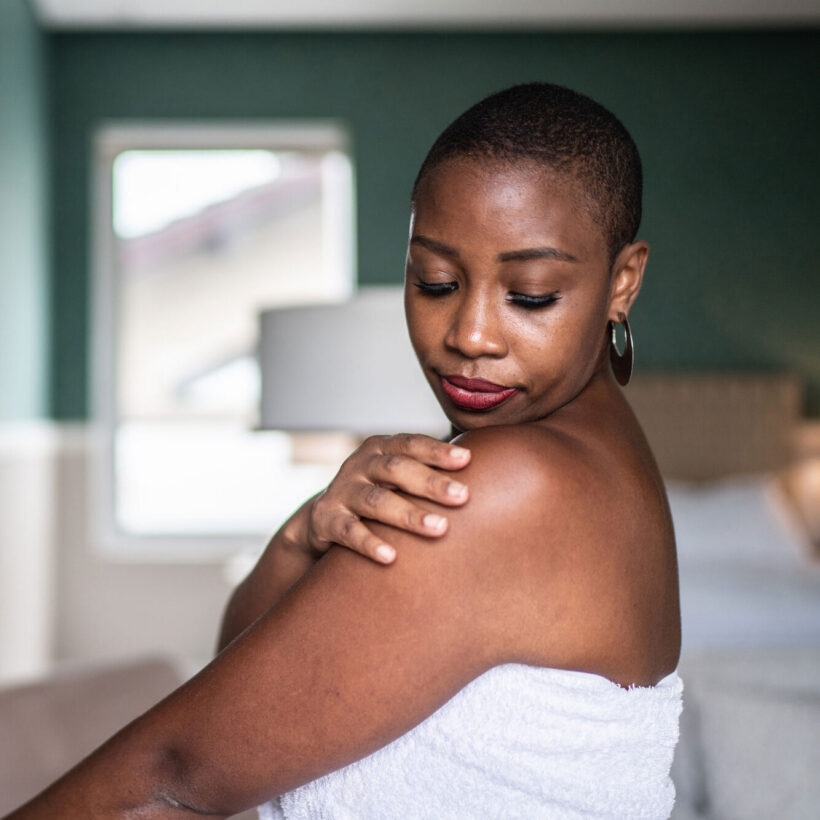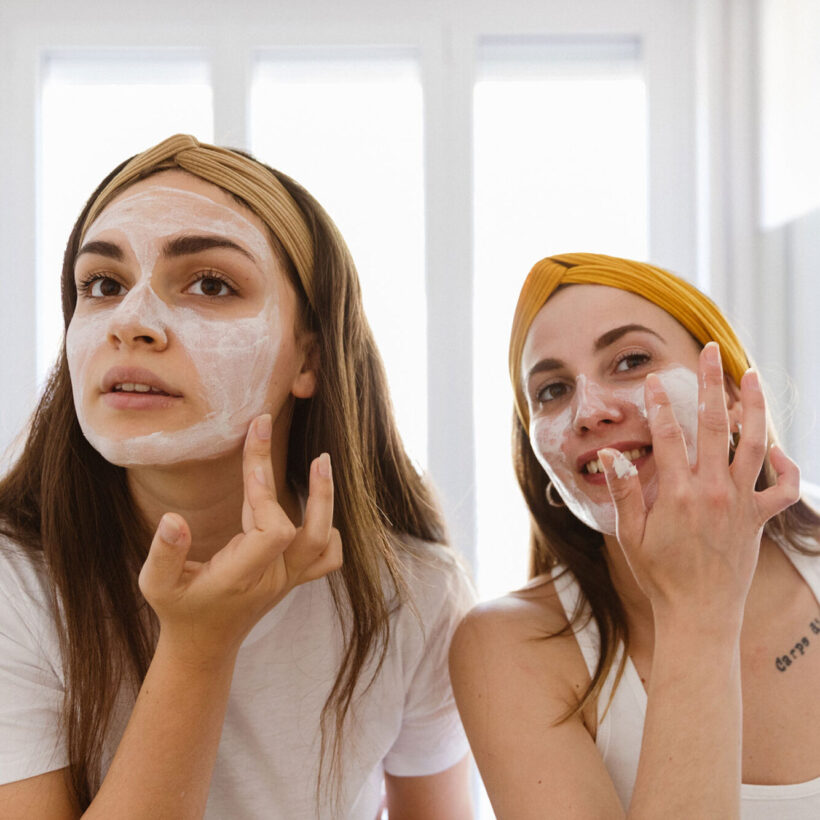Supplements and foods are not the only ways your skin can benefit from good bacteria. Probiotic skincare products have made their way into bathroom vanities nationwide, and for good reason — using harsh cleansers and exfoliators can disrupt your skin’s microbiome, but topical probiotics can help.
An unhealthy gut means an unhealthy skin microbiome, which can lead to weak and delicate skin. The skin’s microbiome “can become dry, irritated, inflamed, more prone to injury and damage, and since the skin barrier can be affected, [an unhealthy gut] can impact the way your skin reacts to various products or outside stressors,” says board-certified dermatologist Marisa Garshick, M.D., F.A.A.D.
“Applying probiotics topically may help with inflammation, protect against free radical damage, improve hydration and promote a natural antibiotic effect by fighting off harmful bacteria,” says Garshick.
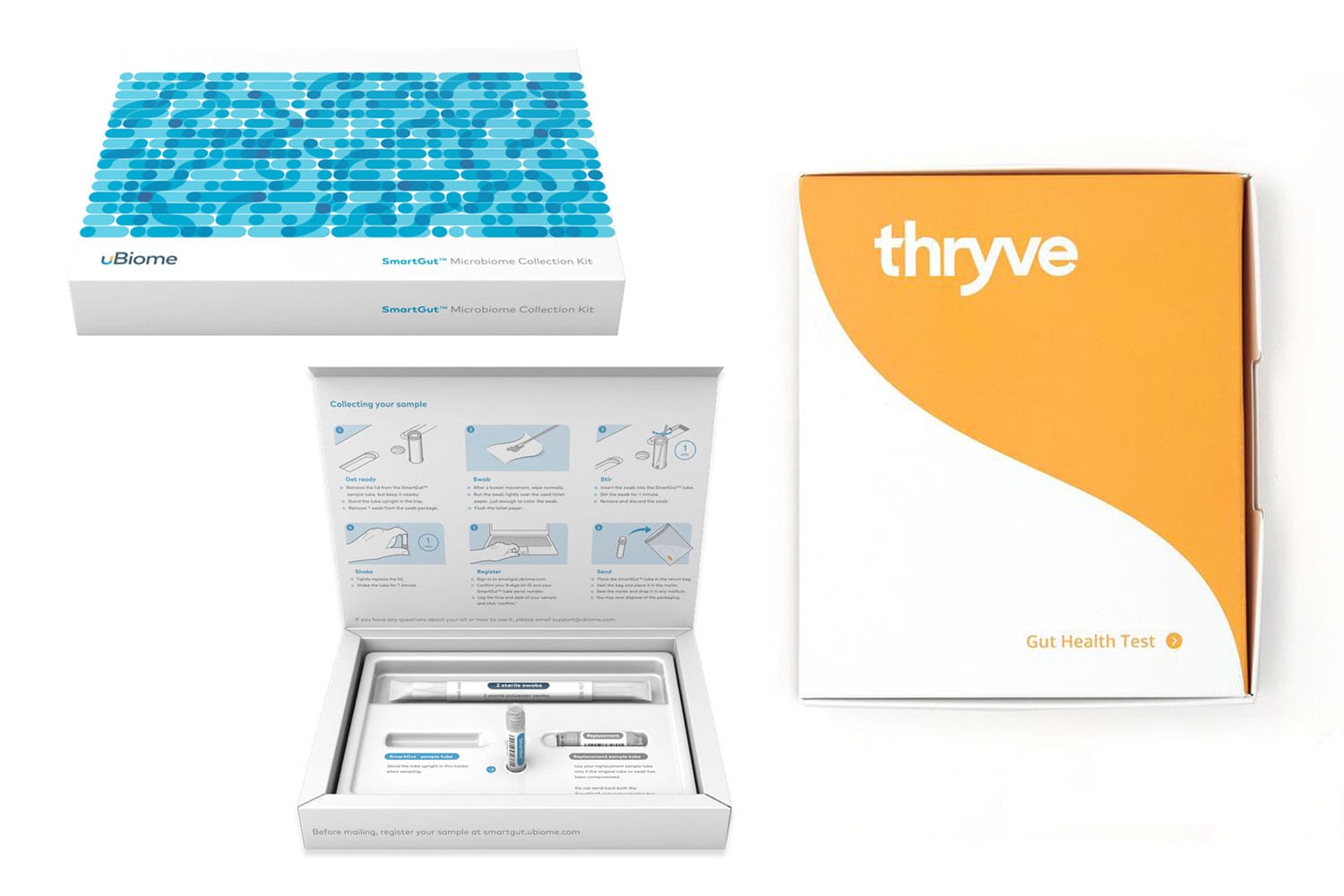
Ingesting probiotics can also help your skin by decreasing internal inflammation and making skin less prone to attack. Not only can probiotics help clear up acne, eczema, psoriasis and rosacea, but they can also help decrease the appearance of fine lines and wrinkles. “Probiotics help to fight off the aggressors that break down collagen and speed up the aging process,” says Marguerite Germain, M.D., founder of Germain Dermatology in Mount Pleasant, S.C. “By taking probiotics, you’re helping to decrease inflammation in the digestive tract, which will decrease the loss of elastin and collagen in the skin and ultimately decrease wrinkles.” They help improve cell function in the skin and rejuvenate aging skin so that it becomes smoother and softer.
Microbiome kits, like uBiome and Thryve, help you identify which bacteria are present in your gut, but Sonpal says these will play little role in helping achieve clearer skin. “The typical microbiome kit will report on your current gut bacteria and how your microbiome compares to that of others, and you’ll also receive information on how your diet and lifestyle might contribute to your microbiome makeup,” says Niket Sonpal, M.D., F.A.C.P., assistant professor at Touro College of Osteopathic Medicine. “But I have found no data to show that these kits help [skin issues or offer suggestions on specific strains to ingest for better skin].”
Probiotics might help protect the skin barrier as well. “Some studies show improvement in skin barrier function [when taking probiotics], and since we know many skin conditions rely on having an intact skin barrier, probiotics can have many potential uses for the skin,” says Garshick.
Specific strains or types of probiotics can help promote ceramide production, which is “a naturally occurring fat molecule that helps to strengthen the skin barrier and moisturize the skin,” says Garshick. “This is important because many products used for acne treatment or antiaging can sometimes be irritating or drying, and probiotics can help to [strengthen the skin barrier] and therefore balance out some of these potential side effects,” Garshick adds that, although further research is needed, there are early studies that suggest some potential benefit of probiotics in protecting against UV light.
If you really want to see major results in your skin, Germain suggests incorporating probiotic supplements. “I always tell my acne patients to take probiotics but to also stay away from inflammatory foods, such as dairy products, sugar, artificial sugars and flavors, highly processed foods, low fiber foods, gluten, soy products and peanuts,” says Germain. And, if you are looking for fermented foods specifically beneficial to the skin, celebrity nutritionist Charles Passler, D.C., suggests eating sauerkraut or pickles, which “contain lots of healthy collagen-promoting nutrients like vitamin C and are rich in probiotics.”

